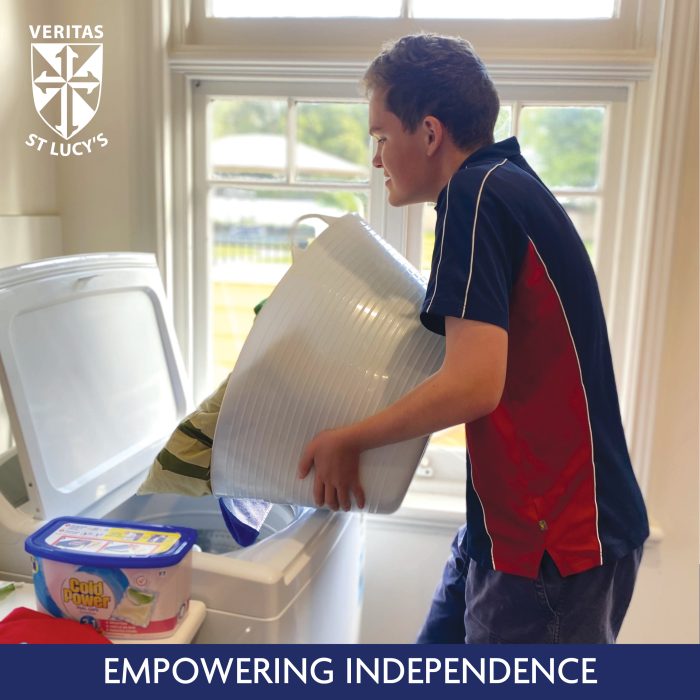Parenting a child with disabilities comes with unique challenges, but it also presents opportunities for fostering independence and resilience. As advocates for their children, parents play a crucial role in empowering them with essential life skills. By focusing on these skills, parents can help their children with disabilities build the foundation for a more independent and fulfilling life.
Communication and Social Skills
Effective communication and social skills are fundamental for navigating the complexities of everyday life. Parents can support their children by encouraging them to express themselves, practise active listening, and engage in social interactions. This not only enhances their ability to form meaningful relationships but also boosts their self-esteem and confidence.

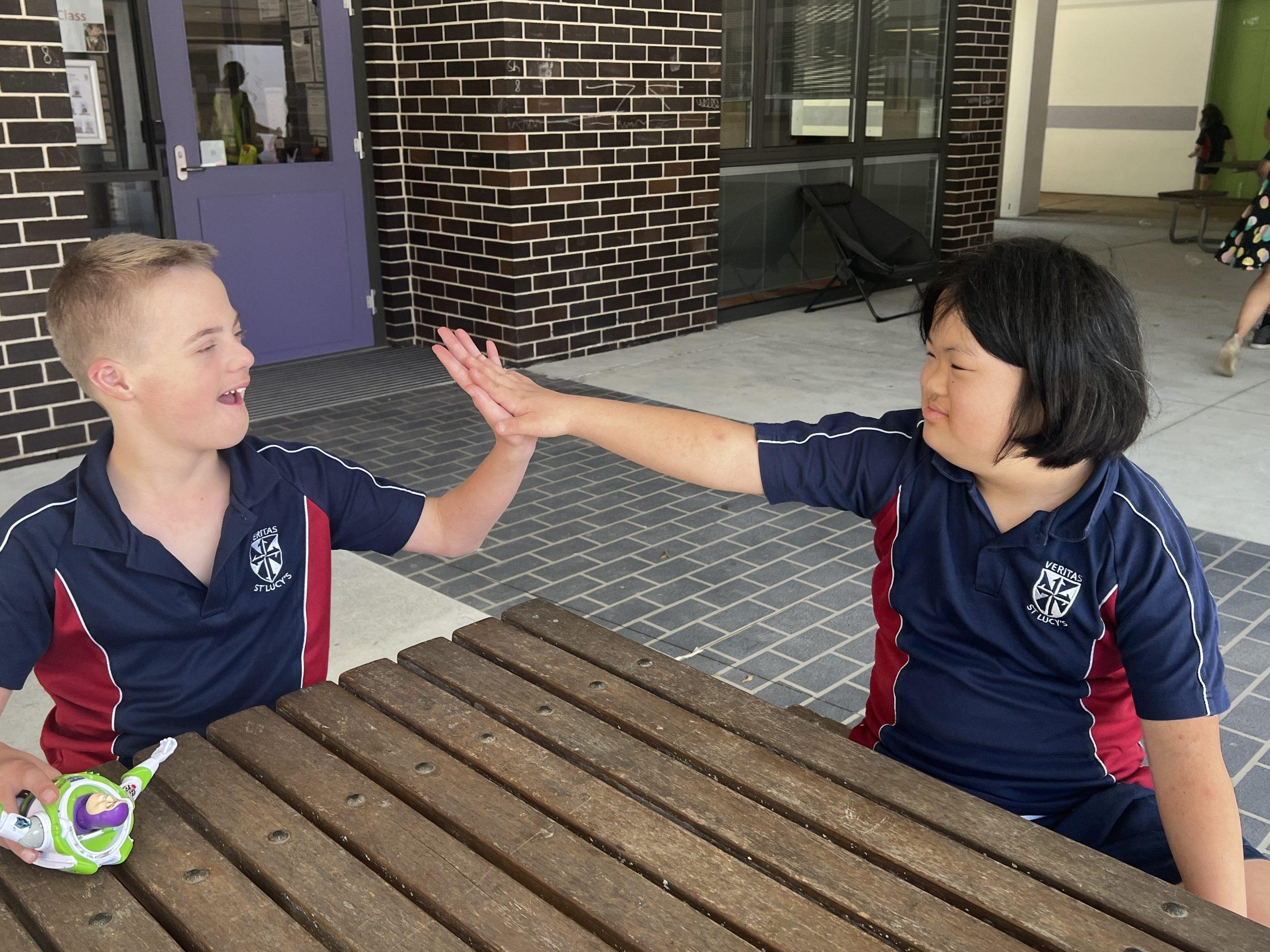
Self-Care and Daily Living Skills
Teaching self-care and daily living skills is key to promoting independence. Parents should gradually introduce tasks such as personal hygiene, dressing, and meal preparation, tailoring the approach to their child’s abilities. As children master these skills, they gain a sense of accomplishment and develop the confidence to tackle new challenges.
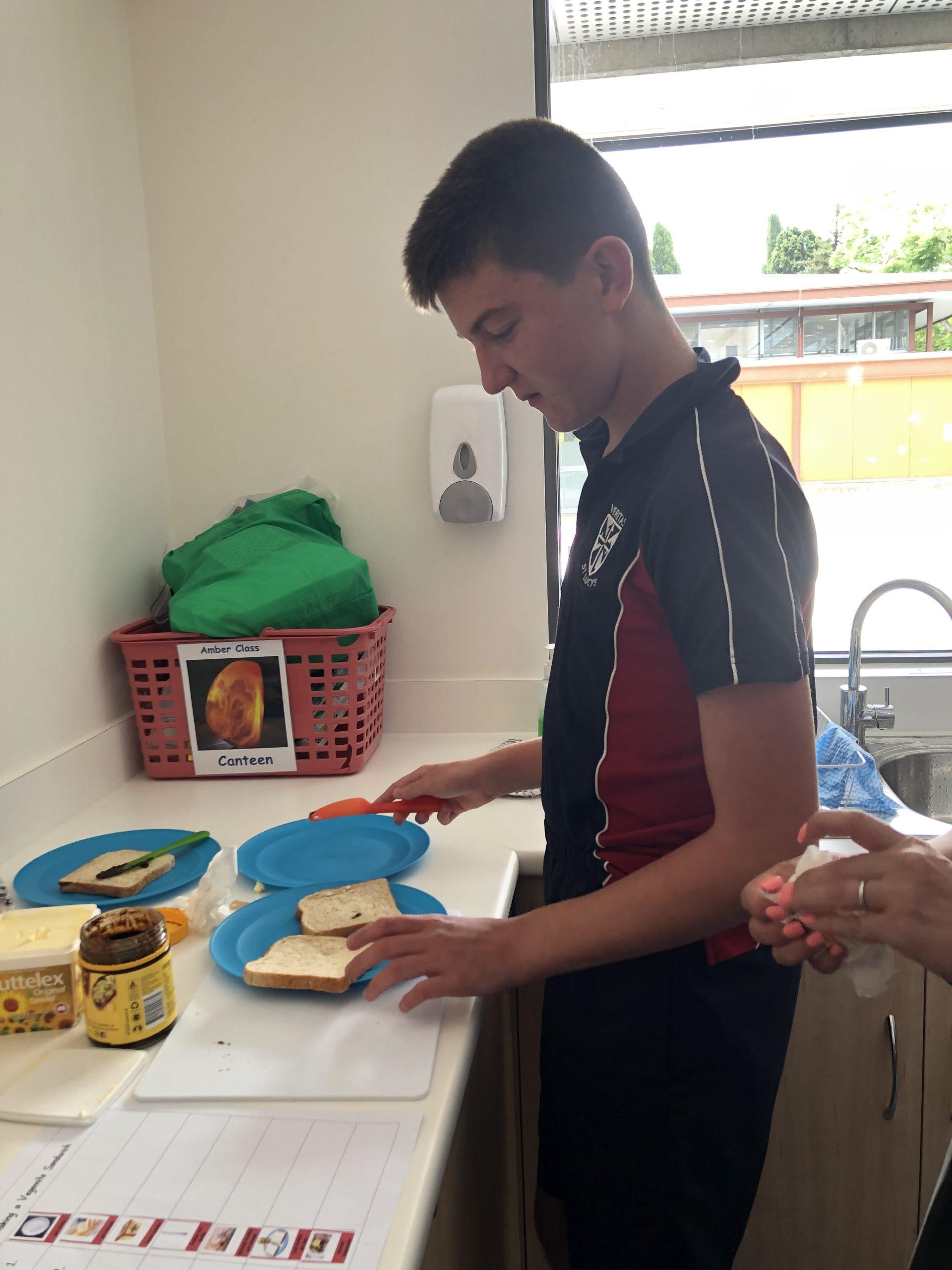
Financial Literacy
Financial independence is a critical aspect of adulthood. Parents can instil financial literacy by introducing basic concepts such as budgeting, saving, and understanding the value of money. Tailoring these lessons to their child’s abilities can pave the way for greater financial independence in the future.
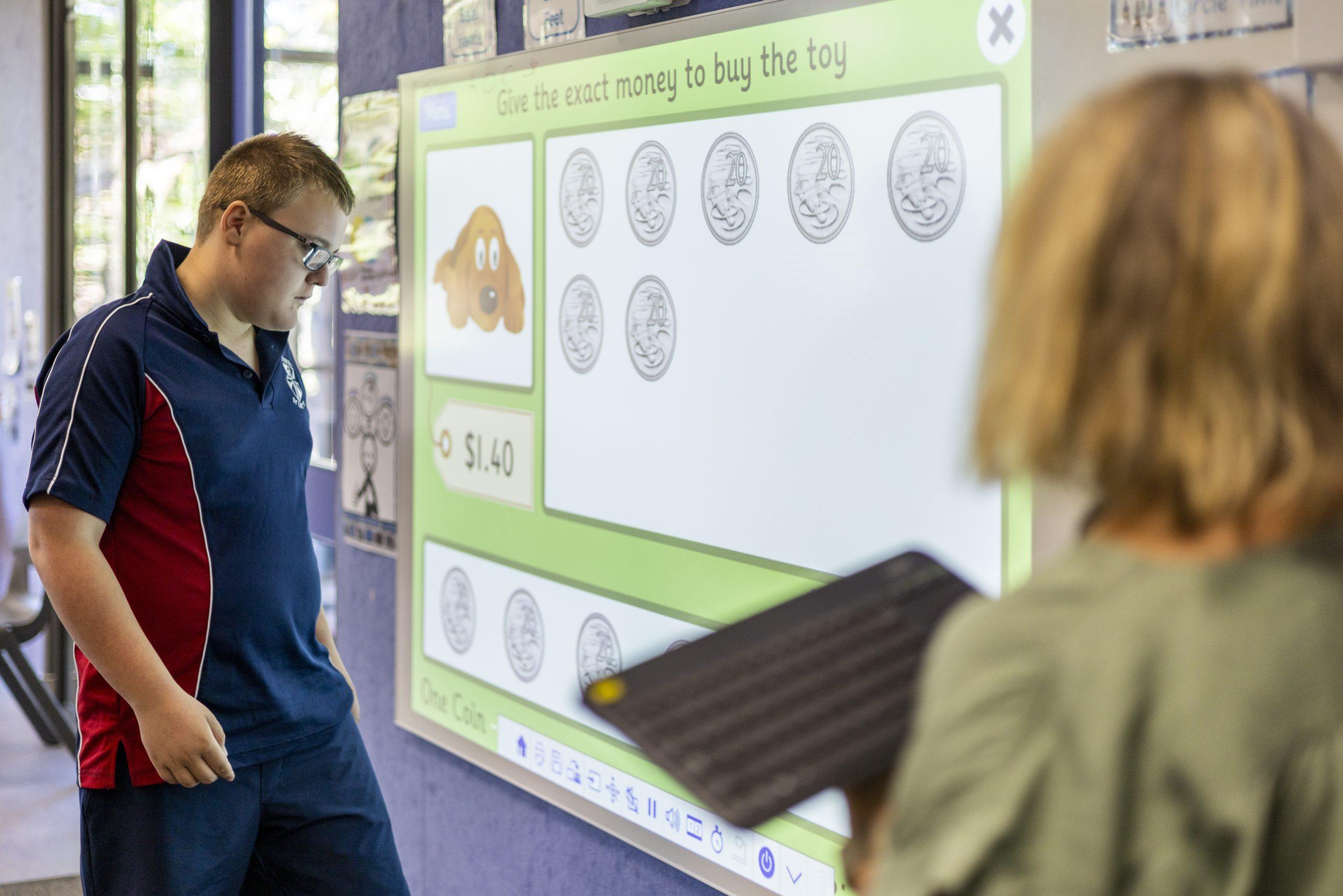
Problem-Solving and Decision-Making
Life is filled with uncertainties, and individuals with disabilities should be equipped with problem-solving and decision-making skills. Parents can encourage critical thinking by involving their children in decision-making processes, fostering a sense of agency and autonomy.
Adaptive Technology
In today’s technologically advanced world, adaptive technology can be a powerful tool for promoting independence. Parents should explore and introduce assistive devices that align with their child’s needs, enabling them to navigate the digital landscape more effectively.
Empowering independence in children and young people with disabilities requires a thoughtful and individualised approach. By focusing on communication, daily living skills, financial literacy, problem-solving, and adaptive technology, parents can equip their child or young person with the tools they need to lead fulfilling, independent lives. With the right support and guidance, young people with disabilities can overcome challenges and contribute meaningfully to their communities, breaking down barriers and redefining what it means to live with a disability.
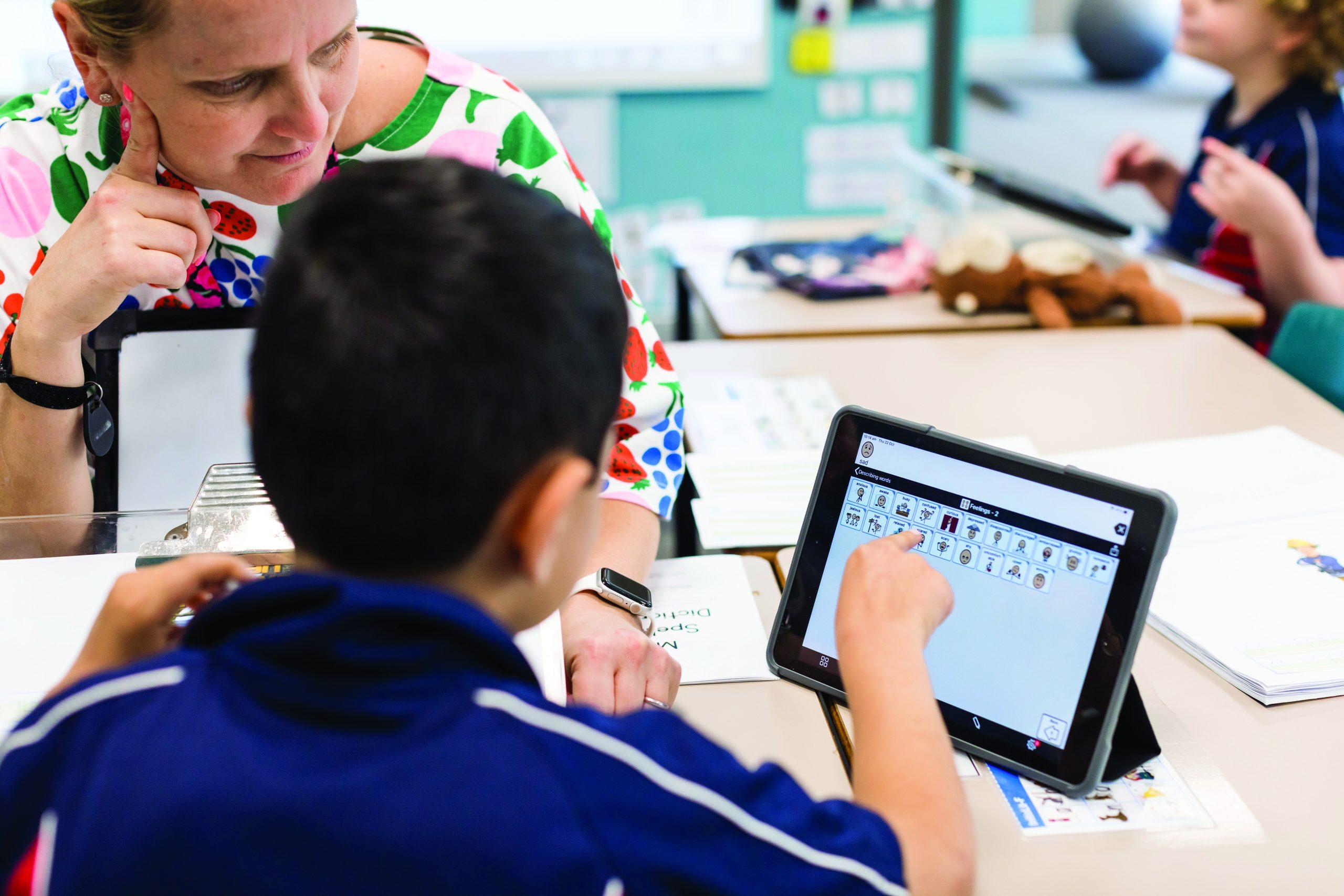
Nikki Alldis
Head of Student Engagement



